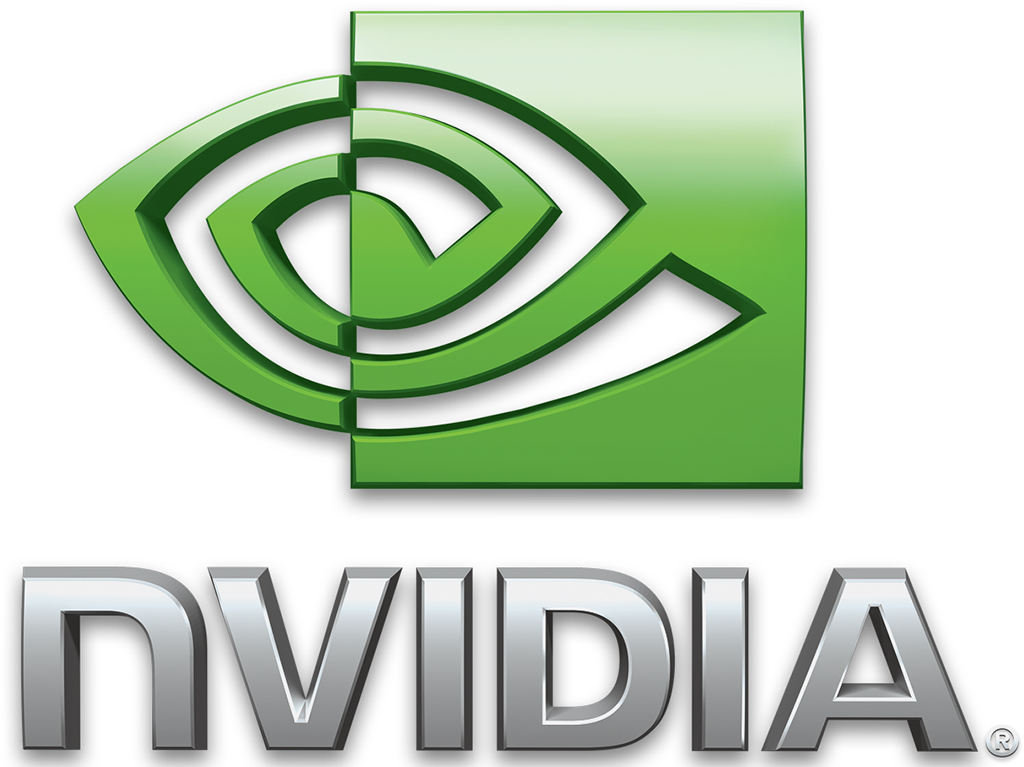OpenACC May Hint to the Future of CUDA at Nvidia
An announcement from Nvidia made at the most recent SC11 conference apparently got lost in a wave of supercomputing announcements.
However, it’s a pretty significant change in Nvidia's strategy on how to approach multi-core computing in the future and worth a note.
Together with Cray, PGI and CAPS, Nvidia announced a new parallel programming standard called OpenACC. OpenACC has been published as API that includes a range of compiler directives which describe code additions for C, C++ and Fortran to take advantage of accelerators to speed up code processing in highly data parallel environments. OpenACC is designed to apply to general parallel processors and can be used on GPUs as well as CPUs.
Cray, PGI and CAPS are planning to deliver initial compiler support for OpenACC Q1 2012. There was no information when Nvidia would provide a dedicated OpenACC compiler, but the company said that its CUDA architecture is "fully compatible and interoperable" with OpenACC. Nvidia did not indicate that it would drop CUDA anytime soon, but its participation in this group of companies suggests that Nvidia may be planning for a time beyond CUDA.
While CUDA code also runs on multi-core processors, the underlying architecture is proprietary technology. The advantage of OpenACC is a much broader range of devices support. Initially, there is no indication that OpenACC will have a huge impact in consumer applications as the group of OpenACC supporters is especially hoping for interest from developers in supercomputing applications fields in industry and academia covering topics such as chemistry, biology, physics, data analytics, weather and climate, intelligence, and many other fields.
Get Tom's Hardware's best news and in-depth reviews, straight to your inbox.

Wolfgang Gruener is an experienced professional in digital strategy and content, specializing in web strategy, content architecture, user experience, and applying AI in content operations within the insurtech industry. His previous roles include Director, Digital Strategy and Content Experience at American Eagle, Managing Editor at TG Daily, and contributing to publications like Tom's Guide and Tom's Hardware.
-
alextheblue IndignantSkepticwait, i thought this is what OpenCL was for.Yeah I was wondering why Nvidia wasn't throwing more weight and tools behind OpenCL. Oh wait, then it'd run on AMD hardware effortlessly, too.Reply -
deanjo alextheblue Oh wait, then it'd run on AMD hardware effortlessly, too.Reply
LOL, you obviously have zero openCL development experience in coding or optimizing for openCL devices I see. -
Nintendork Cuda was dead long ago, another failure for the nvidia fanboys that list cuda/physx (another failed propitary thing) vs radeon gpu's.Reply -
DjEaZy ... and all benefit, but... that's first will happen in unix/linux space... the windows programmers are lazy to adopt things to speed up workflow... we still have 32bit one trended applications...Reply -
alyoshka That's just something they needed to do to survive since OpenCL has ended up being supported by all the major software & hardware firms, whereas CUDA is still proprietary to NVIDIA and OpenCL doesn't seem to run as well on Nvidia as on ATI stuff, so .........the step.Reply
